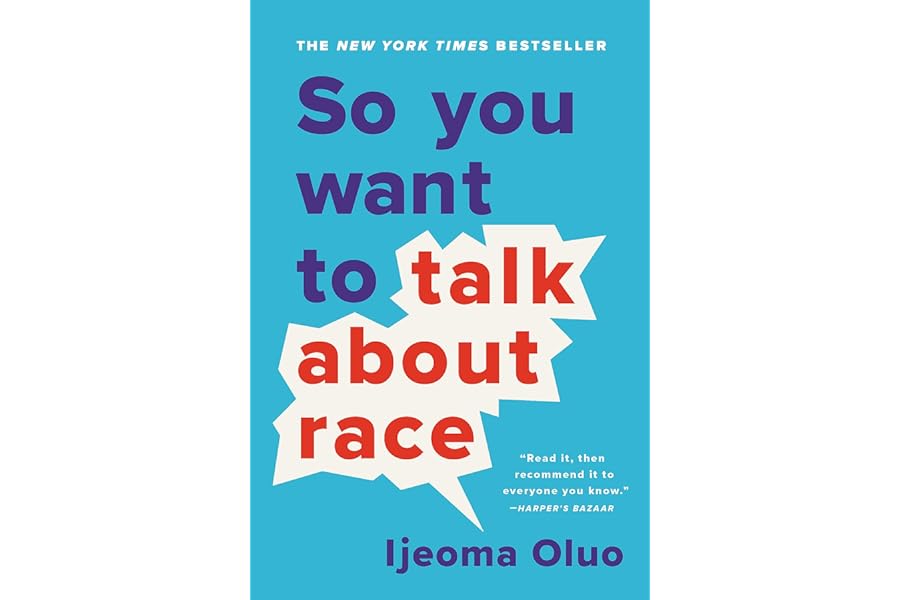One sentence summary:
“So You Want to Talk About Race” by Ijeoma Oluo provides an eye-opening exploration into the racist structures that pervade modern society and offers advice on how to identify and confront them.
Book genre:
Non-fiction – Social Issues / Race Relations
Main topic of the book:
This book is an exploration of racism in modern society, with discussions on topics such as privilege, identity, intersectionality, cultural appropriation, and language, and offers advice on how to confront racism in everyday life.
Key ideas:
- Understand systems of oppression and privilege: Oluo discusses how racism is embedded within everyday structures, emphasizing the importance of recognizing and understanding these systems in order to confront them.
- Acknowledging your own identity: Oluo encourages individuals to recognize their own identities and question their own privileges.
- Intersectional approach to understanding racism: Oluo discusses how the marginalized experience of racism is oftentimes complex, and behaviors and reactions should be looked at from an intersectional standpoint.
- Language has power: Oluo stresses the importance of understanding the power of language in constructing racism and offers strategies for developing an inclusive vocabulary.
Main parts of the book and a short summary:
- The System: Oluo examines the institutional foundation of racism in modern society and its long-term impact on racial inequality.
- Yourself: Oluo looks at how one’s own privileges and identity can be used to better understand and confront racism.
- Intersectionality: Oluo examines topics such as gender, sexual orientation, religion, and class, and how those extra identities can be used both to positively or negatively impact one’s experience of racism.
- Change: Oluo looks at strategies for making meaningful change, with a focus on being an ally and how to create inclusive spaces.
Key takeaways:
- Racism is an entrenched system and it is not enough to simply point it out or ignore it.
- It is important to recognize one’s own identity
- Racism must be looked at intersectionally.
- Language must be chosen carefully in order to ensure maximum inclusivity.
- Making meaningful change requires action and support for those most affected by racism.
Author’s background and qualifications:
Ijeoma Oluo is an author, speaker, and internet culture writer based in Seattle, WA. She has been interviewed by major publications such as The New York Times and The Guardian. Oluo has received awards for her activism such as the Feminist Humanist Award in 2017 from the American Humanist Association.
Target audience:
This book is written for general readers and anyone interested in examining racism in modern society, with the intention of helping individuals recognize and confront racism in their own lives.
Publisher and first publication date:
Published in 2018 by Seal Press, an imprint of Hachette Book Group.

